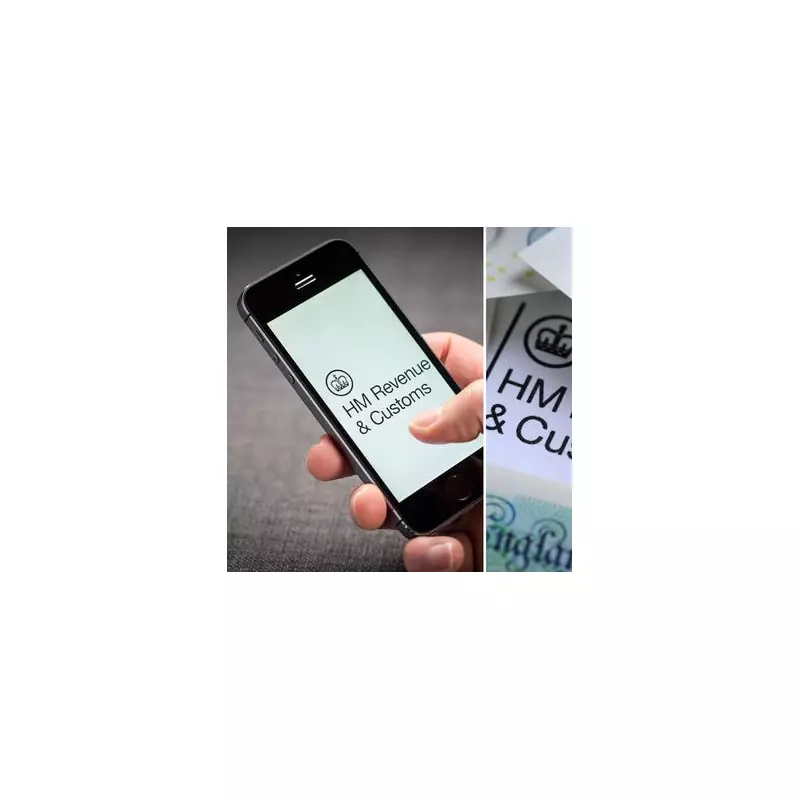
HM Revenue and Customs (HMRC) has issued a direct appeal to millions of people across the United Kingdom, encouraging them to check if they are owed a tax refund. The government body has clarified who might be eligible for money back and outlined the straightforward process for claiming it.
Who Could Be Owed a Tax Refund?
According to HMRC, you may have overpaid tax and be entitled to a rebate for several reasons. A significant report from Kantar, commissioned by HMRC in 2022, confirmed that large numbers of people in the UK overpay or underpay tax every year.
The organisation issues around 3.5 million P800 tax overpayment notices to taxpayers annually, as seen in 2021. This document is crucial as it informs you if you have paid too much or too little tax.
Common scenarios that can lead to an overpayment include situations involving your pension, employment income, or self-assessment tax returns. The call to check for refunds also extends to individuals born before 2011.
How to Check and Claim Your Money
HMRC is directing people to use its digital tools to manage the process easily. In a post on X, the platform formerly known as Twitter, HMRC stated: "Think you're owed a tax refund? Manage your money and tax easily with the HMRC app."
You can download the official HMRC app via the App Store or Google Play to check your status. Alternatively, the GOV.UK website hosts an online tool, noting: "you may be able to get a tax refund (rebate) if you've paid too much tax. Use this tool to find out what you need to do."
If you are due a refund, you will typically receive a P800 letter. This letter confirms whether you have overpaid, specifies the amount you are owed, and explains exactly how the refund will be processed.
Specific Reasons You Might Have Overpaid
There are numerous circumstances where taxpayers can end up paying too much income tax. HMRC lists several key areas to review:
- Job-related expenses, such as costs for working from home, fuel for business travel, essential work clothing, or tools.
- Income from savings or payment protection insurance (PPI) payouts.
- Pay from a current or previous job.
- Filing a Self Assessment tax return.
- Receiving a redundancy payment.
- Income from a life insurance policy or pension annuity.
- Earning foreign income or UK income after moving abroad.
By checking your tax status, you can ensure you are not missing out on money that is rightfully yours.





